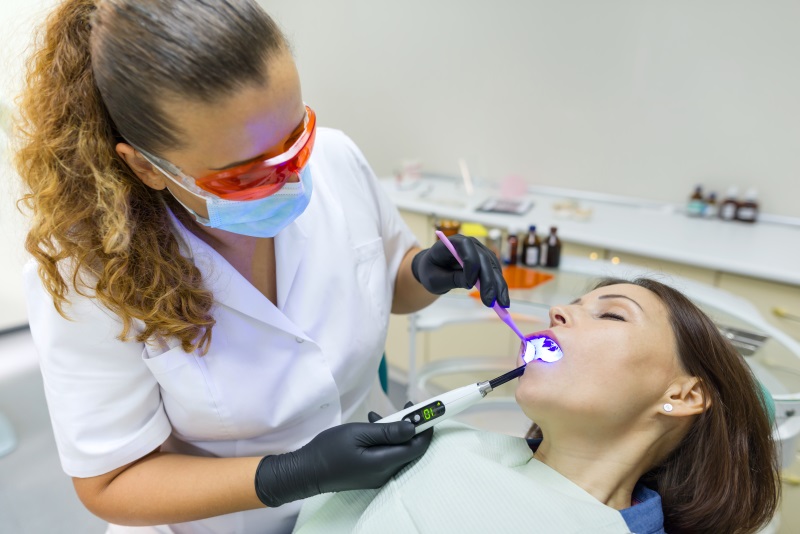We tend to forget how grateful we are for healthy teeth until that faintest of faint pain strikes deep in the root of a tooth. So much for those “healthy” teeth you might have neglected.
Now, worry sets in. Thoughts like, “when can I get this fixed? When will the pain stop? How much is this going to cost?” and worse, “will my coverage cover whatever’s causing this?” creep in.
It’s inevitable that you’ll start to feel that much more aware of that achey tooth.
Here at Dr. Ku’s office, we want to help relieve some of those surprise toothache woes, especially coming into the holidays where you don’t even want to imagine making a last-minute appointment.
Major causes of killer toothaches:
Of course, no good answer is a simple one. There isn’t a “single problem” that causes toothaches, which also means you shouldn’t self-diagnose. That said, a toothache can be a precursor to bigger problems. Often, the cause is one of the following:
- Tooth Decay – the bacteria in plaque erodes the enamel surface of your tooth, exposing sensitive nerve endings within dentine. This can continue into the center of the tooth, reaching the pulp. Ouch!
- Gum disease – plaque can also get under the gum line and damage bone that supports a tooth and its roots, causing it to become weak, and to loosen and ache.
- Abscesses – both tooth decay and gum disease can cause an infection to spread into the root, causing more pain.
- Trauma – if a tooth gets chipped or cracked, it could possibly expose the pulp, where an infection can begin. Or, simply exposing a nerve will make for a toothache you’ll not easily forget.
- Impaction – if a tooth is trying to emerge from the gums and it can’t, the pressure can cause pressure and pain through the adjacent teeth.
- Bruxism, AKA tooth grinding – you can actually grind your teeth down to the more sensitive layer of dentin, exposing nerves and exhausting surrounding support structures.
- Misaligned teeth – teeth that aren’t properly aligned can potentially cause uneven pressure when you speak or eat. See an orthodontic for your options.
What to do:
While any painful symptoms is a sign to see your dentist, there are a few things you can do in the meantime to help curb or subside the discomfort. These tricks are wholly necessary over holidays and with family visits, so take a look at the list we’ve compiled for you:
- Floss gently – sometimes, something could be stuck between teeth that causes the area to be sore. Double check that nothing is stuck in the area first. If something was stuck, and you were able to get it out, the pain should go away within a day. Never use a pin or anything sharp to dislodge food—you could possibly inhale or swallow it, not to mention stab your gums and cause greater discomfort.
- Gargle salt water – this will help kill any bacteria that could further infect the achey tooth, and helps reduce swelling. Use ¼ teaspoon of salt to 1 cup of warm water, and mix well before swishing.
- Apply a cold compress – by using a cold compress you can cool the heat of the swelling, which helps reduce the pain.
- Take a painkiller – there’s a method called “3-3-3” and it calls for three Advil, three times a day, for three days. It’s not the cure-all, but it can reduce swelling, thereby minimizing pain. Be sure to check with your doctor about the dosage, and whether this is the right painkiller for you.
How you can prevent toothaches:
Always practice good oral hygiene if you want to keep those toothache pains from striking. Take care of your teeth and gums by brushing, flossing and seeing Dr. Ku for regular check-ups. And, last and most important: put Dr. Ku’s office number in your phone, and call him to make an appointment as soon as you have a bothersome ache.
The post Your Guide to NOT Go Crazy with an Emergency Toothache appeared first on Fort Worth Dentist | 7th Street District | H. Peter Ku, D.D.S. PA.

No comments:
Post a Comment